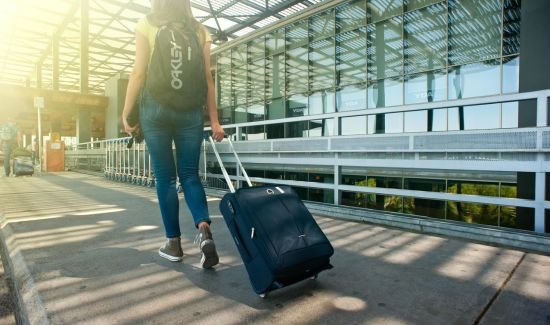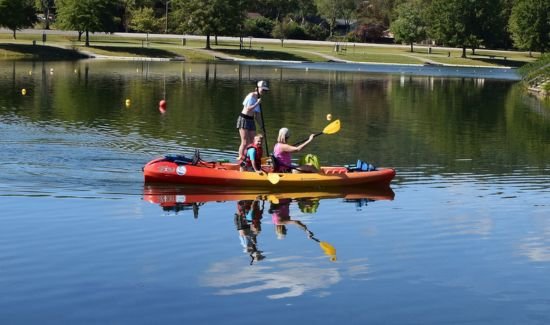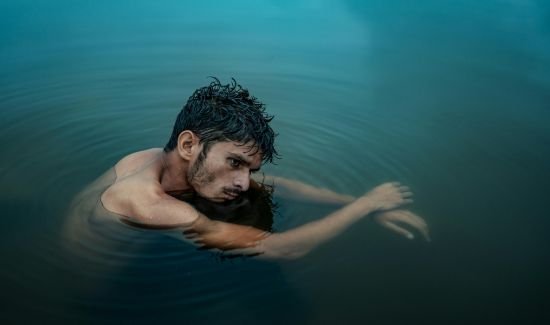
When planning your holiday sports, do not forget about safety as Labor Day draws near. You can also save your mishaps and feature a carefree, enjoyable weekend by way of heeding these important Labor Day vacation safety recommendations, whether you’re cooking, visiting, or accomplishing out of doors sports. These Labor Day holiday safety tips will keep you and your loved ones safe, so you can enjoy your holiday to the fullest.
Table of Contents
1. Electrical Safety

Electrical protection is essential to protecting your home. According to the National Fire Protection Association, damaged wiring accounts for 10% of all home fires in the US. Regularly inspect cables and replace damage. These steps help protect your home from lightning, fire, and shock. For more on this, check out our blog on electrical safety tips in the workplace.
2. Grilling Tips
Grilling is fun, but it can be dangerous if you’re not careful. According to the U.S., there are more than 5,000 grill-related fires each year, according to the fire department. Always clean the grill before use to prevent the fat from catching fire. Keep your grill 10 feet away from your home and never leave it unattended.
3. Ways to Travel Safely

It is important to be careful at the same time as visiting. According to the Federal Trade Commission, 27% of fraud cases involve tourists. Use anti-theft bags and do not show valuables in public. Keep copies of your documents throughout global travel and discover nearby emergency numbers. Research your destination’s travel advisories or understand health concerns. Tell someone about your travel plans beforehand to maintain security. For those traveling for work, check out these Travel Safety Tips for Business Travelers to ensure your business trip goes smoothly and safely.
4. Food Safety
Food protection is crucial due to the fact according to the CDC, 48 million Americans are afflicted by foodborne illnesses every year. Always wash your arms earlier than getting ready for food, cook dinner meat at encouraged temperatures, and use separate reducing boards for uncooked meat and vegetables. Keep leftovers in the fridge for two hours to save bacteria from forming. Use insulated containers during picnics to keep cold things cold and hot things hot.
5. Drinking Tips

Moderation is very important when drinking alcohol, especially at social events. According to the U.S. Coast Guard, 50% of boating accidents are caused by alcohol. It is very important to stay hydrated in the heat, as alcohol can cause dehydration and poor judgment. Determine your restriction before drinking and drink alcohol and water in an alternating way. If you have to drive a car or operate machinery, stay away from alcohol.
6. Outdoor Activities
Outdoor activities are fun but also come with some risks. According to the CDC, about 600 people in the U.S. are affected by heat stroke. every year. Just in case, stay hydrated, rest in the shade, and wear socks. It is important to understand your physical limitations and the intensity of the program. Tell someone about your plans and keep a basic first aid kit with you. Being prepared can make outdoor activities safe and enjoyable.
7. Rip Currents
Rip currents are strong, causing more than 100 deaths in the US. every year. When swimming in the ocean, approach a lifeguard and look for signs of currents and other dangerous waters. If you get caught in a rip current, swim parallel to the shore to get out of the current. Understanding how to avoid rip currents could save your life.
8. Boating Safety

Boating is fun but taking strict measures is a must for safety. According to the U.S. Coast Guard, there are about 4,000 boating accidents every year. Always wear a life jacket and ensure you do this on every boat. Check the weather and boat equipment before traveling. Avoid alcohol as it can reduce your ability to steer the boat. It is also important to take a boating safety course so that you know about navigation and emergency procedures. For more details, check out our Water Safety Tips for Summer.
9. Conquering Outdoor Chores
Outdoor chores, like mowing the lawn or gardening, are physically demanding. To avoid heat-related illnesses, it’s important to stay hydrated and work slowly. Wear protective clothing, gloves, and sturdy boot shoes. Use power tools according to manufacturer’s instructions and take breaks to avoid overexertion. If you’re operating with chemical compounds, like pesticides or fertilizers, wear protective tools and preserve them out of attain of youngsters.
10. Hydration Tips

Hydration is very important in the summer season. According to the Mayo Clinic, men should drink 3.7 liters of water and women 2.7 liters of water per day, but this requirement increases with physical activity. Always keep a water bottle with you and take sips regularly, even if you don’t feel thirsty. Avoid sugary and caffeinated drinks because they can prevent dehydration. Staying hydrated maintains energy levels and helps the body to function properly.
11. UV Tips
Ultraviolet (UV) rays from the sun are a leading cause of skin cancer, affecting more than 3.5 million Americans each year, according to the American Cancer Society It’s important to use SPF 30 sunscreen apply it every two hours even if the day is cloudy. Wear protective clothing, such as long sleeves and wide-brimmed hats, and stay in the shade during peak sun hours (10 a.m. to 4 p.m.). Sunglasses that block 100% of UV rays also protect your eyes.
12. Swim Safely

Swimming is amusing however can be dangerous without safety. According to the CDC, drowning is the most important hazard factor for harm and death for children 1-4 years of age. Always hold a watch on kids and never swim on my own. Ensure that there may be a lifeguard on obligation within the pool or seaside. Learning CPR helps in an emergency. Proper maintenance of the pool and the use of safety barriers reduces the risk of accidents. For more details, see our Pool safety tips for summer.
13. Be Prepared for an Emergency
Any road trip or outdoor expedition requires decent safety gear. Add the necessities, such as nonperishable food, water, a first aid kit, and contact information for emergencies. Bring a tire repair kit, jumper cables, and a flashlight while traveling by automobile. For outdoor activities, pack insect repellent, sunscreen, and a multi-tool. Being prepared with a safety kit helps you effectively handle unexpected situations and keeps everyone safe.




